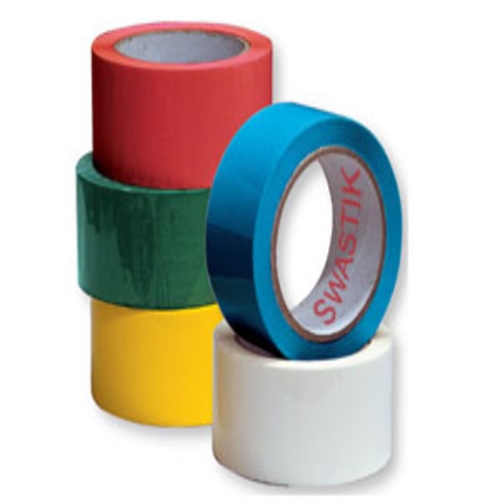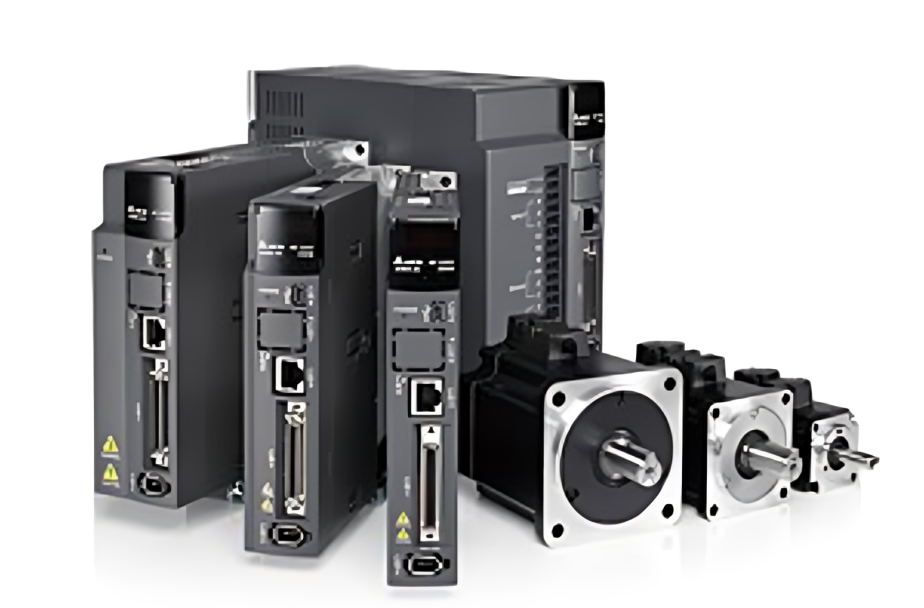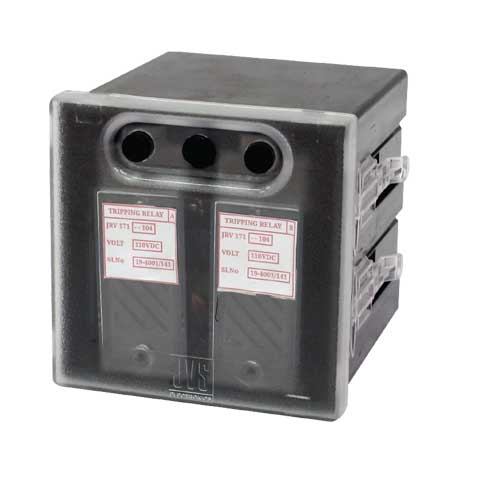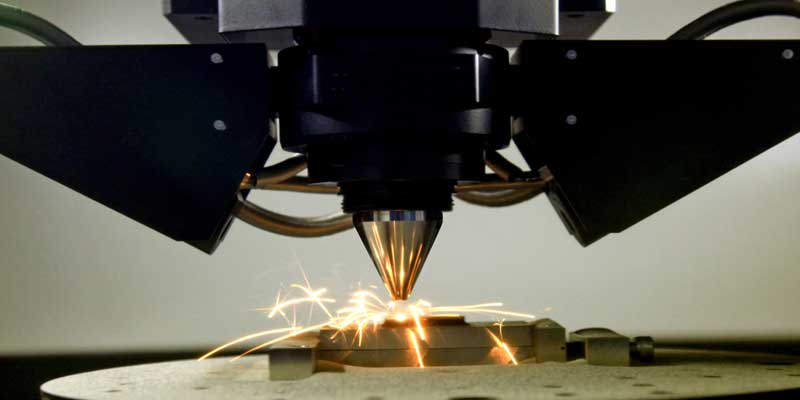Schedule a Call Back
Indo-German Trade
 Technical Articles
Technical Articles- Nov 28,13
The cooling off in the economic scenario of India has impacted the inflow of German companies' investments but that hasn't rubbed off the overall sheen yet

As happens most times, there is always the good news and the bad news. The ambitious target of Euro 20 billion trade between India and Germany in 2012 could not be achieved due to the sluggish global economy. The declining demand from its traditional export markets as well as the slowdown in the Indian economy resulted in the decline of bilateral trade. Whether the target is achievable this year is also questionable on account of several factors, including reforms in India.
According to data provided by the Indo-German Chamber of Commerce, "The trade between India and Germany during the first quarter of 2013 was down by 11.8 per cent over the same period last year. The volume of trade amounted to nearly Euro 4.2 billion during January to March this year. While Indian exports to Germany declined 6.4 per cent to reach a figure of Euro 1.8 billion, Indian imports from the country dropped 15.4 per cent amounting to nearly Euro 2.4 billion."

The good news is that Germany enjoys the status of being among the top ten investing countries for India. Since liberalisation, Germany has been the 8th most important investing country for India. During the last financial year 2012-13, it was ranked 6th after being at the 5th position in the previous year, i.e., 2011-2012. In line with the overall disappointing level of investment inflows into India, inflows from Germany too declined 47 per cent over the previous year amounting to USD 860 million. However, Germany is India's key cooperation partner. Several events that took place in the year 2012-2013 have created the basis for further intensification of Indo-German bilateral cooperation.
One such significant event was the 2nd Intergovernmental Consultations (IGC) between India and Germany held on April 11 during Prime Minister Dr Manmohan Singh's visit to Germany this year, which sets the stage for deeper understanding and cooperation between the two countries. New impetus for bilateral cooperation was also provided by 'Germany and India 2011-2012: Infinite Opportunities' which began on September 23, 2011. A comprehensive and multifaceted programme with events in the fields of culture, education, research, business and politics was planned in 13 Indian cities, culminating in the 13th Asia-Pacific Conference of German Business at the beginning of November 2012. The Indo-German Urban Melas, an exhibition which travelled five mega cities: Mumbai, Bangalore, Chennai, Delhi and Pune under the aegis of the 'Germany Year in India' was the biggest, most privileged, most sustained and the most integrated German road show ever to be showcased in India.
Sectoral Inflows of German FDI
In the period April 2012 to March 2013, the automotive industry accounted for the largest share of total German investments into India amounting to USD 284.57 million.
This was followed by the services sector (USD 115.80 million, 13.5 per cent); chemicals other than fertilizers (USD 108.81 million, 12.7 per cent); trading (USD 64.79 million, 7.5 per cent) and scientific instruments (USD 62.08 million, 7.2 per cent). Investments by the German automobile industry shot up from USD 33.56 during the previous fiscal to USD 284.6 million in the last FY registering a growth of 748 per cent. This put this sector in the first position among the top sectors attracting German investments to India.
Distribution of German FDI

With investments worth over USD 218.6 million, and a 25.4 per cent share, Maharashtra as always attracted maximum German investments during the last financial year, i.e., April 2012 to March 2013. Karnataka was the second most important destination for German investments last year with investments to the tune of USD 121.4 million and a share of 14.1 per cent. Andhra Pradesh is at the third position moving up from its fifth position in the previous year. German investments into this region amounted to USD 38.3 million with a share of 4.5 per cent. German investments to the Delhi region dropped substantially (only USD 34.67 million, 4 per cent share) with the result that it was in the fourth position in the last fiscal after being the second most attractive destination in the previous year. Gujarat moved up a notch from the sixth to the fifth position last year. Germany invested USD 28.7 million in this state which was 3.3 per cent of total investments of the country into India. More than half of the total German investments during the last FY went to the top five regions.
Pune Takes the Lead
German investments in Pune have always been the cause of envy. Despite the current economic slowdown, Pune continues to attract German investments, primarily because of its new status as an automotive hub. Most recently, Knorr Bremse, a leading manufacturer of braking systems for rail and commercial vehicles, inaugurated its new technology centre as also announced capacity expansion to cater to an increasing demand for its products, services and technology development.
"With the augmented strength of the new buildings, the new facilities and the new management teams, we are determined to reach greater heights in the innovation and manufacturing arenas of commercial vehicle braking solutions. Knorr Bremse's technology back-up and seamless support from the global centres of competencies provide us enough opportunities to transfer engineering excellences to India," says Kithur Mohamed, Managing Director, Knorr Bremse India. On similar lines, Henkel Adhesive Technologies India, a subsidiary of Henkel AG & Co. KgA (Germany), commissioned an innovation centre at Pune in October 2013. The centre will cater to clients in the region belonging to the automotive and transportation industry. In another instance, ZF Lenksysteme, a global manufacturer of steering systems, has extended its commitment to the Indian market by inaugurating its first fully-owned manufacturing facility for steering systems in India. The plant will help ZF Lenksysteme to step up its India presence and address the requirements of the Indian OEMs by being here, local for local.
"We chose Pune as it gives us an opportunity to be present right at the centre of India's auto industry. It is home to the world's second largest two-wheeler manufacturer, the world's largest forging company and many other leading auto manufacturers such as Tata Motors, Daimler Chrysler, General Motors, Force Motors, etc. Pune is also home to two very prominent automotive research labs, namely Automotive Research Association of India (ARAI) and the Central Institute of Road Transport (CIRT)," reasons Michael Hankel, CEO, ZF Lenksysteme.
Indian Investments in Germany
According to a report by consultancy firm KPMG, Germany continued to rank as the single largest acquisition target for Indian companies in the developed world, if we for once, leave aside the two special cases, i.e., the USA, the world's largest economy; and the UK, which apart from linguistic advantages enjoys historic linkages to India and is home to a large Indian diasporas.
Between 2005 and 2012 KPMG observed, on the basis of market data, a total of 314 acquisitions involving an Indian acquirer and an acquisition object in a developed country other than the USA (233) and the UK (111). About 14 per cent of such transactions occurred in Germany. Especially within continental Europe, Germany, with 43 monitored acquisitions, was by far the single most attractive acquisition target, well ahead of countries like France (27), Italy (22), Spain (20), and the Netherlands (16).
Within Germany, India continues to retain its position as the top acquirer from an emerging country as measured by the number of acquisitions, even though this year it has to share the title with Russia. Notable acquisitions by Indian firms in the reporting period include a major investment by Hyderabad-based Rain Commodities that acquired Germany's R?tgers Group, Europe's leading manufacturer of chemical raw materials made from coal tar. Even though officially headquartered in Belgium, R?tgers continues to have very major interests in Germany. The acquisition took place for a publically-stated amount of Euro 702 million. After acquisition of REpower by Suzlon, this is the largest Indian investment in Germany and surpasses in terms of volume that of Betapharm by Dr. Reddy's.
According to R?tgers, "The combined company will have the critical mass to support a larger scale development effort which will help the aluminum industry meet current and future carbon related challenges."
Acquisitions by Kolkata-based PCM Group of the railway equipment company Rail.One GmbH for about Euro 36 million is also driven by similar considerations of gaining access to technological expertise. According to press reports, Rail.One is an internationally leading manufacturer of concrete railroad ties, railroad systems and railway track with more than 100 years of experience. This acquisition marks India's foray in the global railway infrastructure sector. A company press release citing Kamal Kumar Mittal, Chairman of PCM Group of Industries, said: "We are excited about this acquisition as it further strengthens our portfolio, expertise and network in railway infrastructure worldwide."
Similarly, Amtek's acquisition of Neumayer included engineering and design as well as all patents among other things. Even though the deal amount was not disclosed, a report published in The Economic Times put the deal's value at around USD 500 million. The takeover would not only put Amtek in the league of the 'USD 2 billion annual turnover' firms, advancing it among the global top five in its industry sector, but it also ensures Amtek "access to high-end technology processes, including Hatebur and warm and cold forging technology," as press reports have emphasized.
Putting this into a nutshell perspective, this is what Dr Rajnish Tiwari of the Hamburg University of Technology, has to say: "Summarising, we may say that the importance of a deeper Indo-German engagement is today in fact greater than ever before in the face of simply enormous market and technology opportunities in a world faced with economic slowdown across the globe.
The relations in terms of Indian investments in Germany are undoubtedly on the right track but far from realising their true potential. More firms in India need to be made aware of these opportunities; but also more Indian firms already operating in Germany ought to streamline and reconfigure their operations to realise the true potential of their undertakings."
Related Products

Bopp Tape
Keval Industries offers a wide range of bopp tape.

Ac Servo Motors and Drives - Asda-a3 Series
Delta Electronics India Private Limited offers AC servo motors and drives - ASDA-A3 Series.
Read more
High Speeed Tripping Relay Two Element
JVS Electronics Pvt Ltd offers a wide range of high speed tripping relay two element JRV171x2.
Read more











